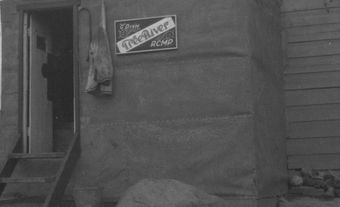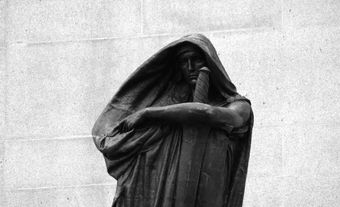Treason
Treason is probably the oldest and most serious offence in political society, with the possible exception of murder. The earliest English treason legislation, which dates from 1351, is the basis of all treason legislation in the English-speaking world. Originally, treason meant an attack upon the person or life of the monarch, but as the state became more important than its sovereign, treason came to indicate any act directed at the overthrow of the government or against the security of the state. Anyone participating in a rebellion or an unsuccessful revolution is technically guilty of treason, although only the leaders tend to be prosecuted. Conversely, it is not uncommon for the leaders of a successful revolution to try former opponents for treason.
The Criminal Code establishes offences of "high treason" and "treason," and offences respecting acts related to treason; it also sets out certain evidential rules and limitation periods for the prosecution of treason offences.
Under s46 of the Criminal Code, a person commits "high treason" who a) kills, attempts to kill, wounds, imprisons, or restrains the sovereign, b) wages war against Canada or does any act preparatory thereto, or c) assists an enemy at war with Canada or any armed force against whom Canadian forces are engaged in hostilities, even if no state of war exists. The punishment for high treason is life imprisonment, without parole eligibility for 25 years. A person commits "treason" who a) uses force or violence for the purpose of overthrowing the government of Canada or a province, b) discloses, without lawful authority, military or scientific material to agents of a foreign state, if he or she knows or should know that the material may be used to impair Canada's safety or defence, or c) engages in certain listed conspiracies or attempted offences. The punishment for treason is life imprisonment; normal parole rules apply. Canadian citizens and persons owing allegiance to Her Majesty in right of Canada who commit acts of high treason or treason are punishable under Canadian criminal law even if the acts were performed outside Canada.
The Criminal Code also penalizes such acts as alarming the sovereign, assisting an alien enemy to leave Canada, failing to make reasonable efforts to prevent the commission of high treason, intimidating Parliament or a legislature, sabotage, incitement to mutiny and sedition.

 Share on Facebook
Share on Facebook Share on X
Share on X Share by Email
Share by Email Share on Google Classroom
Share on Google Classroom


